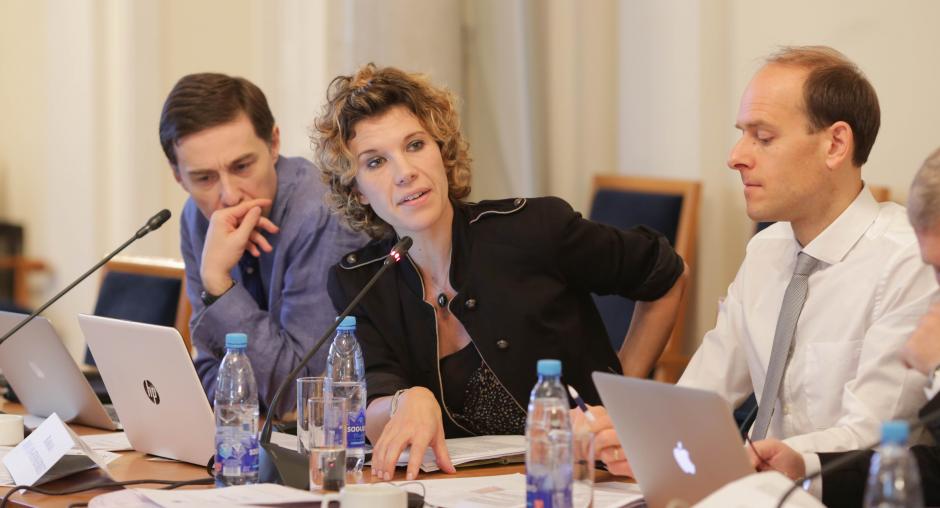Political party regulation in the context of rising populism the topic of ODIHR expert meetings in Warsaw

Experts on political parties from across the OSCE region took part in a meeting on political party regulation organized by the OSCE Office for Democratic Institutions and Human Rights (ODIHR) in Warsaw on 2 and 3 November 2017. The meeting was followed by a roundtable discussion on 4 November focusing specifically on regulatory approaches to addressing the rise of populist movements and parties across the OSCE region.
The meetings were part of an ongoing process to draft a second edition of the joint Guidelines on Political Party Regulation by ODIHR and the Council of Europe’s Venice Commission.
“The past year has highlighted a number of challenges for traditional party systems and their regulation, which experts have explored during our meetings,” said Marcin Walecki, Head of the ODIHR Democratization Department. “The second edition of our joint Guidelines on Political Party Regulation will reflect these new developments and provide a practical toolkit for legislators and civil society organizations.”
In addition to assessing the impact of populist movements on regulatory frameworks, the participants in the meetings also discussed other emerging trends and best practices in political party regulation. The discussion focused on internal party democracy, third-party involvement in political parties and new tendencies in political party funding and oversight.
"Issues related to political finance have a significant impact on the quality of elections. In recent years, a significant number of countries have adopted rules to regulate the relationship between money and politics,” said Barbara Jouan-Stonestreet, member of the ODIHR Core Group of Experts on Political Parties. She added that the upcoming Guidelines will “provide a comprehensive framework for further understanding of the main regulations for enhancing equality between electoral contestants, to increase transparency in the sources of funding, and to hold electoral and political stakeholders accountable."
